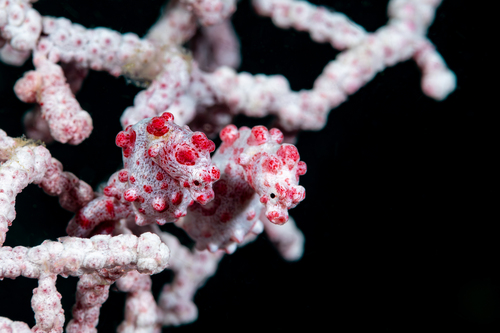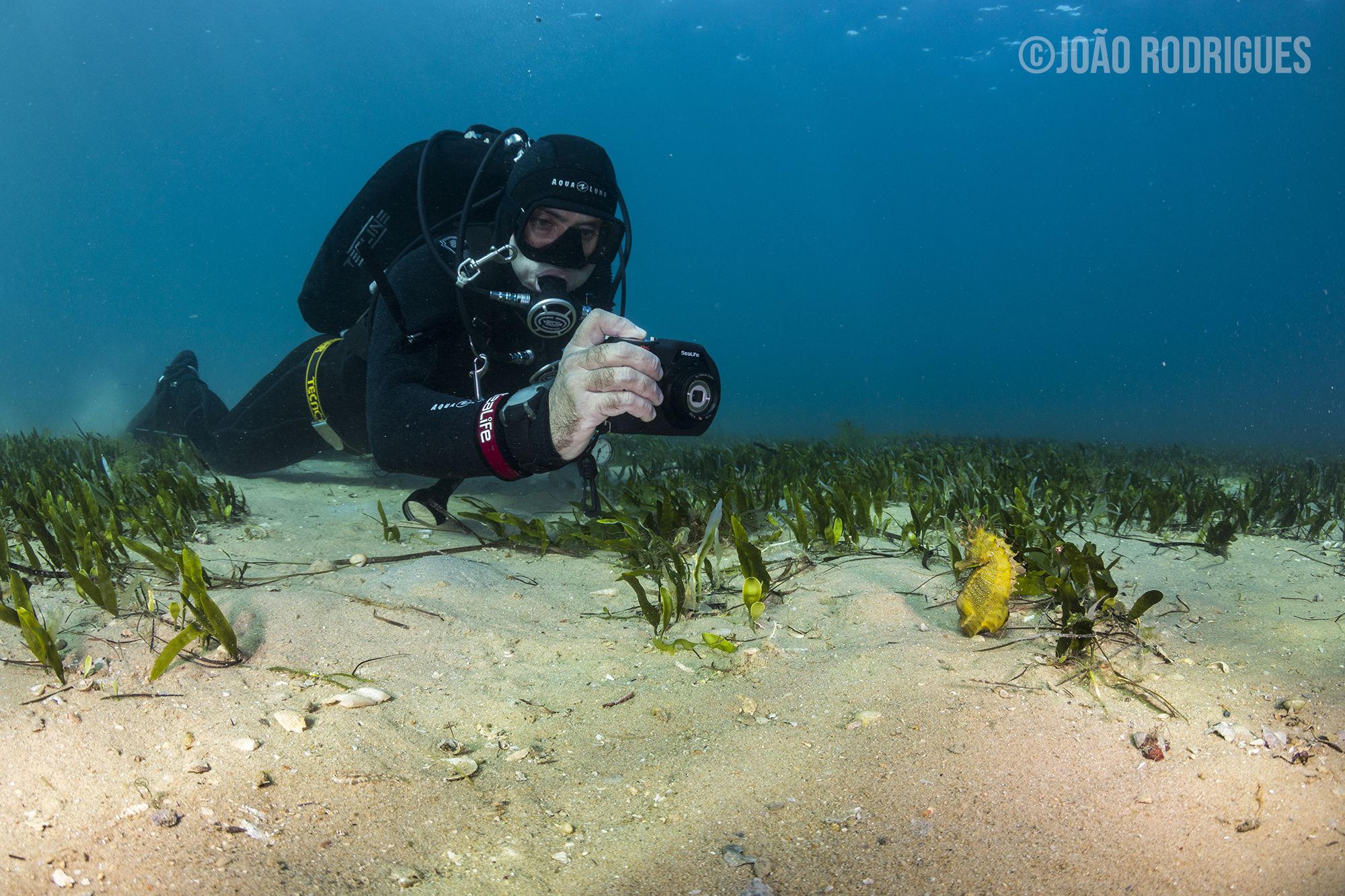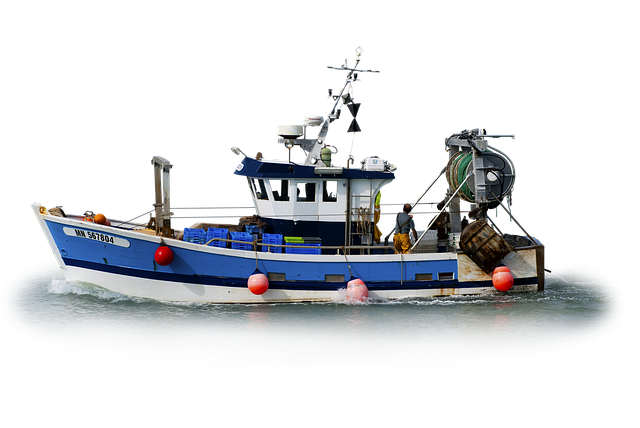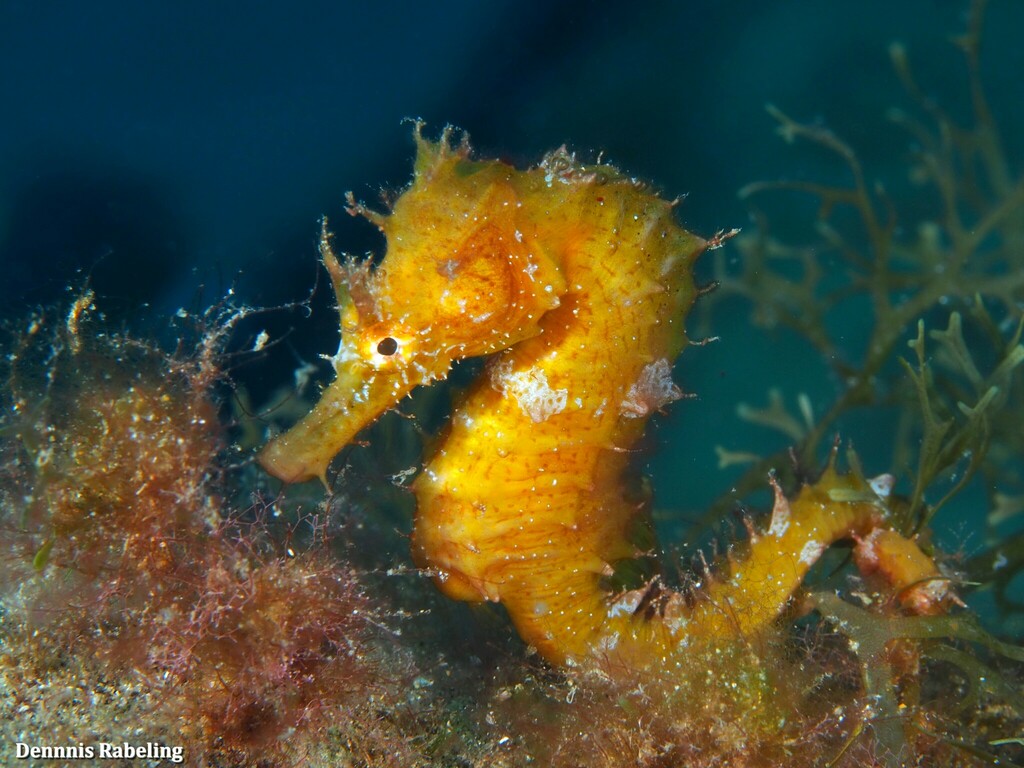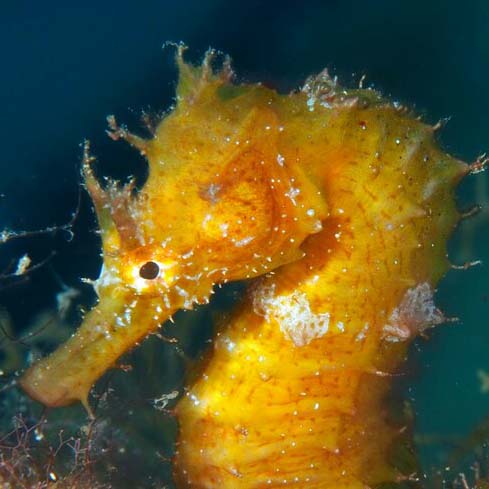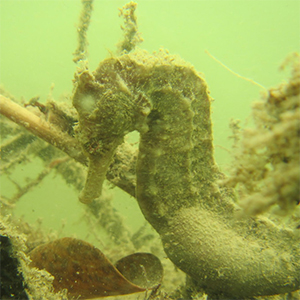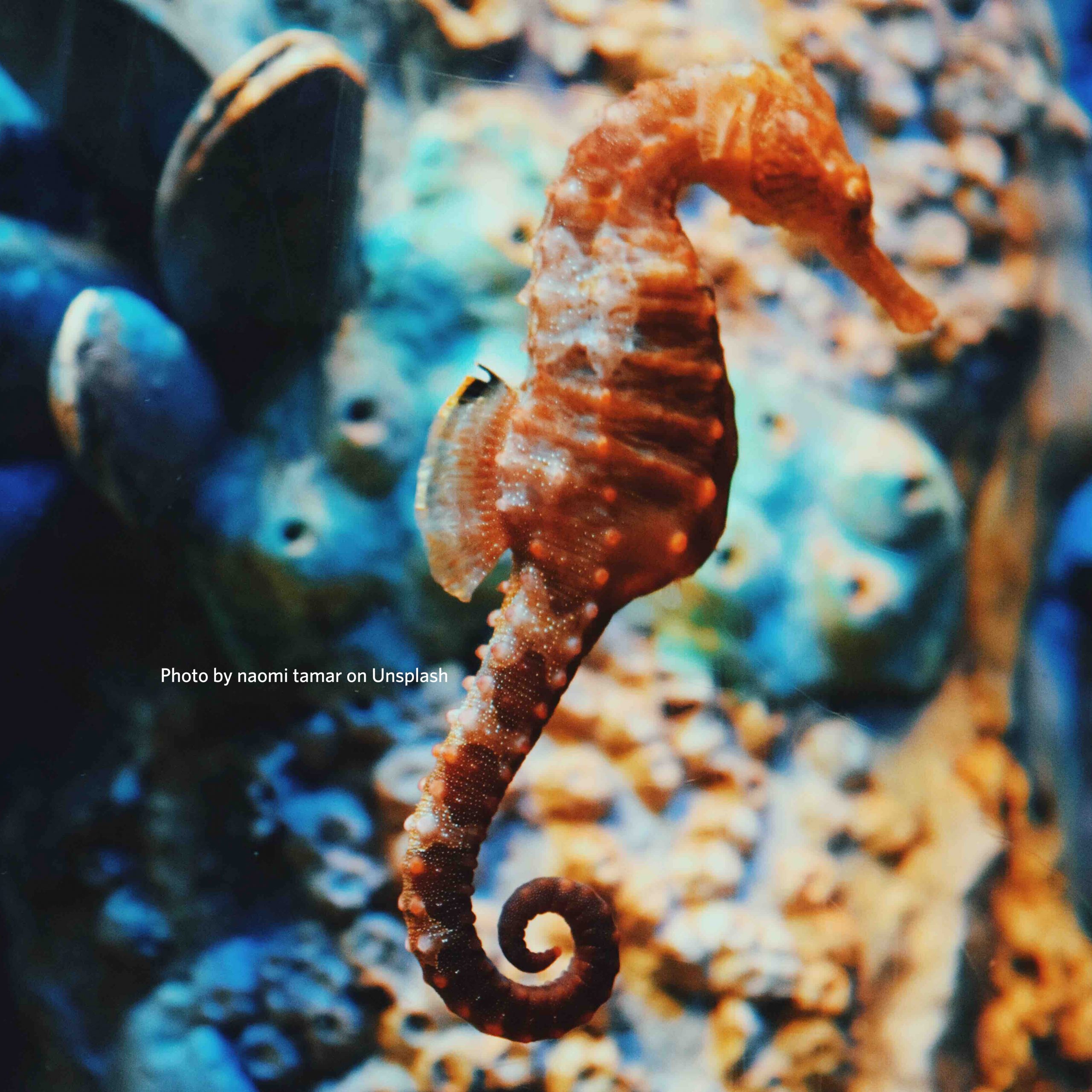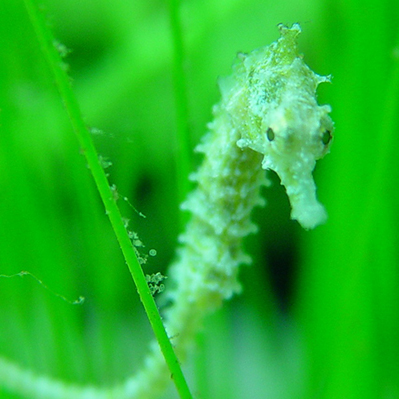 |
ProfessorInstitute for the Oceans and Fisheries Director, Project Seahorse DegreesBSc Hons., University of Western Ontario |
Contact Information
Email: a.vincent@oceans.ubc.ca
Office phone: 604-827-5137
Websites: Project Seahorse; iSeahorse citizen science: www.iseahorse.org; IUCN SSC Seahorse, Pipefish and Seadragon Specialist Group: www.iucn-seahorse.org
Twitter: @AmandaVincent1
Research Unit
Project Seahorse
Biography
Dr. Amanda Vincent is a research scholar and a practical front-line conservationist. She is a Fellow of the Royal Society of Canada, the country’s top academic accolade, and is the 2021 winner of the Indianapolis Prize, the world’s top award for animal conservation (never before given to an ocean advocate). She is proudest of making a difference for seahorses, their ecosystems, and people who depend on the ocean.
Amanda is a Professor in the Institute for the Oceans and Fisheries at the University of British Columbia (UBC), Canada. She has a Ph.D. from the University of Cambridge, UK. She was a Visiting Fellow in Sweden and Germany (1990-1991) and a Senior Research Fellow at the University of Oxford, UK (1991-1996) before becoming a faculty member at McGill University, Montréal, Canada (1996-2002). In 2000, Amanda was named a Pew Fellow in Marine Conservation, the world’s pre-eminent award in her field. She moved to UBC in 2002, with a Canada Research Chair in Marine Conservation.
In 1996, Amanda co-founded and still directs Project Seahorse, an interdisciplinary and international team committed to conservation and sustainable use of the world’s coastal marine ecosystems. The group engages in connected research and management at scales ranging from community initiatives to international accords. Collaborating with stakeholders and partners, team members use seahorses to focus efforts in finding marine conservation solutions. Project Seahorse has made measurable gains in biological and social research, empowering local communities, establishing marine protected areas, managing small- scale fisheries, restructuring international trade, promoting integrated policy, and advancing environmental understanding. Amanda insists that we always know enough to take action, even as we learn more. Her current priority is phasing out bottom trawling, a highly destructive form of fishing.
Amanda was the first biologist to study seahorses underwater, the first to document the extensive trade in these fishes and the first to initiate a seahorse conservation project. Her research and advocacy work for marine conservation have earned Amanda the following awards and accolades, among others: the first Whitley Award in Animal Conservation (1994); Grand Prix International pour l’Environment Marin (Conféderation Mondiale des Activités Subaquatiques: 1997), Rolex Award for Enterprise (1998); TIME magazine Leader for the 21st Century (1999); La Presse Personality of the Year (2000); Chevron Conservation Award (2005); Yves Rocher Foundation Woman of the Earth (2007), Le Cren Medal from the Fisheries Society of the British Isles (2018); Dawkins Prize for Conservation & Animal Welfare (2023).
Amanda is often consulted on marine management and policy issues and is active in international conservation bodies. She is the founding Chair of the IUCN SSC Seahorse, Pipefish and Seadragon Specialist Group, which is the global expert alliance for conservation of these fishes. From 2000-2004, she chaired the Seahorse Working Group for the 182-nation Convention on the International Trade in Endangered Species (CITES). Project Seahorse played pivotal roles in landmark CITES decisions to regulate international trade in marine fishes. Amanda holds special responsibility for marine species as a member of the Steering Committee of the IUCN Species Survival Commission (SSC) – made up of 10,000 volunteer experts from around the world – and Chair of the SSC Marine Conservation Committee. She was also the marine representative on IUCN’s global Red List Committee from 2010-2016.
Amanda has authored more than 120 primary scientific papers (including in Nature and Science) and more than 100 technical reports, popular articles and policy briefings. She published the first monograph on the international trade in seahorses in 1996 and co-authored a book on seahorses in 1999. Her work has been documented in five full-length television programs, and much other media coverage globally. Her background includes extensive rough travel through more than 60 countries. Project Seahorse initiatives have been supported by not-for-profit organizations, government, private enterprise, research councils and individuals. Amanda is a single parent with two school-aged children.
Web page: biography
Publications: view
Related stories:
